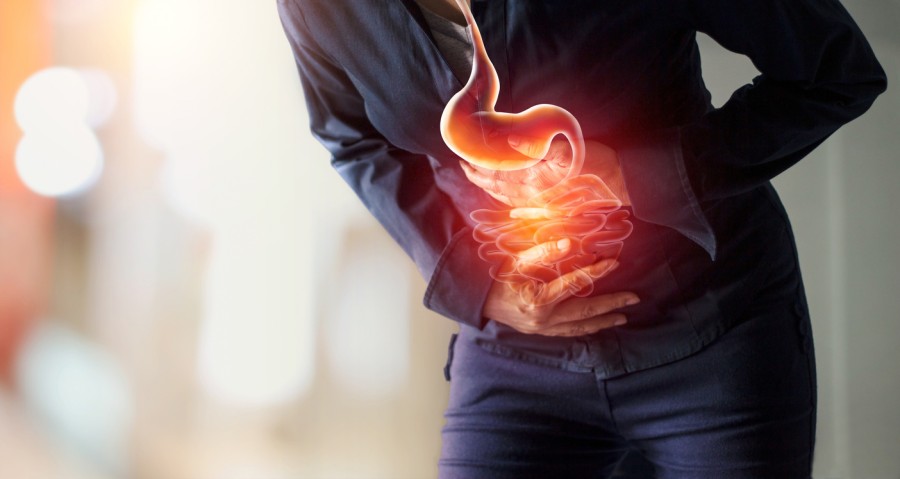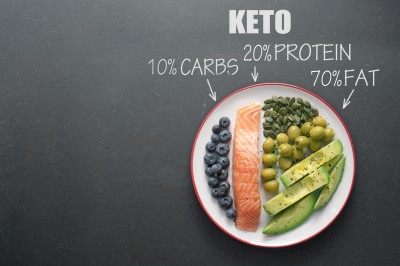Free shipping for orders over 39.00€
How do gases leave the intestine?

This is a completely natural bodily process, but it can become particularly uncomfortable, especially when gas becomes “trapped” and is not easily expelled. Although it is a normal part of digestion, excessive or painful gas can cause discomfort and affect daily activities. Gas formation in the intestine is a common digestive issue that many people experience at some point in their lives. Fortunately, there are various strategies and treatments that can help reduce or prevent gas build-up in the intestines.
What is gas?
Intestinal gas is actually a mixture of nitrogen, carbon dioxide, and, in some cases, methane, sulfur dioxide, and others. The remnants of carbohydrates and proteins that reach the large intestine are broken down by the gut microbiota, producing gases, carbon dioxide, and hydrogen, which are expelled through the rectum. The amount of gas in our intestines depends on the type of diet we consume.
How is gas expelled?
The body releases gas either through burping or through the intestines. An average adult expels between 500 and 1,500 ml of gas per day. The peristaltic movements of the intestines push the gas toward the anus, from where it is released. When this process is disrupted—either due to overproduction or reduced intestinal motility—it can lead to intense bloating, pain, and cramps.
Burping (eructation) refers to the release of gas from the stomach through the mouth and is often associated with the consumption of carbonated drinks or eating quickly. Likewise, the release of gas from the rectum is the most common way of expelling intestinal gas. The gases produced in the large intestine during digestion are expelled through the anus. This is known as bloating or “passing gas.” Healthy people may pass gas several times a day.
What can we change in our daily habits?
Small changes in diet and daily routines can make a big difference. It is recommended to eat slowly, avoid chewing gum and carbonated drinks, and limit foods that cause fermentation such as legumes, certain vegetables, and dairy. Drinking water throughout the day aids digestion and reduces constipation, which is often linked to bloating. However, avoid drinking large amounts of liquids during meals, as this may dilute digestive enzymes and slow down the digestive process.
Introduce dietary fiber gradually so the intestines can adapt, while light exercise—such as walking after a meal—supports intestinal motility and gas elimination.
Which supplements help?
When symptoms persist, there are natural and pharmaceutical options that can provide relief:
-
Activated charcoal: Has strong adsorptive properties, binds gases and toxins, and helps reduce bloating.
-
Simethicone: Breaks down air bubbles in the intestines and provides immediate relief from flatulence. Often combined with activated charcoal for better results.
-
Ginger: Helps with nausea and bloating and supports normal intestinal motility.
-
Peppermint: Relaxes smooth muscles in the intestines, reducing spasms and pain.
-
Probiotics: Restore the balance of gut microbiota and significantly help reduce symptoms of irritable bowel syndrome.
Conclusion
Intestinal gas is a normal phenomenon, but when it is not properly expelled, it can become bothersome. With simple lifestyle and dietary changes, as well as the right supplements, we can effectively support digestive health and reduce symptoms. In any case, the pharmacy remains a valuable ally in choosing the right solution according to your body’s needs.
Find the right solutions for your intestinal health at www.epharmadora.com and reduce uncomfortable gas naturally.






